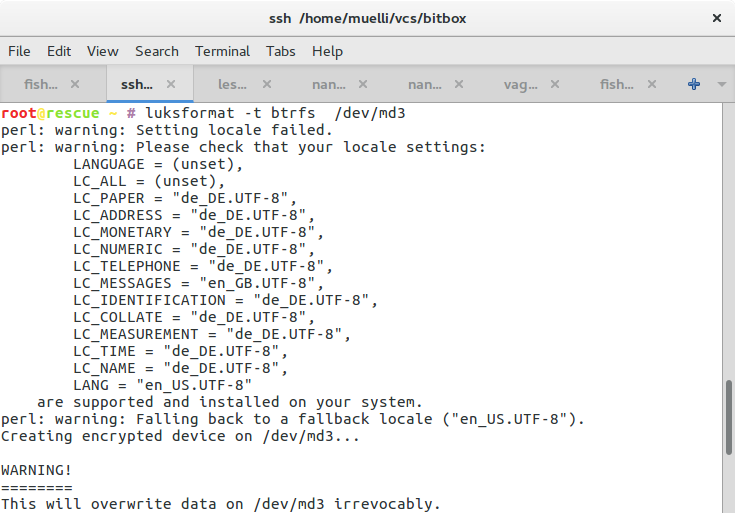
You can run these commands on terminal, or even add them to shell script to automate password generation.
#UBUNTU PWGEN INSTALL INSTALL#
In this article, we have learnt several different tools to generate random passwords in Linux. Next, update the repository and install the Graylog server with the following command: apt-get update -y. Here is an example to use tt as salt string $ mkpasswd linux -s ttĪs you can see above, in this case, mkpasswd generates the same encrypted password every time, for the same input, because we have specified the salt string. If you want to specify salt string you can do so with -s option. In the above examples, mkpasswd uses random salt string every time. Here is a simple command to encrypt password ‘linux’ using mkpasswd command. If you want to encrypt passwords based on specific string, you can use mkpasswd tool for that purpose. Salt is a basically an additional string used by program to generate encrypted password, to prevent outsiders from simply brute forcing their way to get your password, using the same tool that you use to generate passwords. Mkpasswd is a handy command to encrypt existing passwords using salt strings. Here is the command to generate 5 random passwords of length 10 each. If you need to generate more than 1 password at a time, you need to specify the number of password to be generated using –count option. Here is the command to generate password of length 20. If you want to generate password of another specific length, you can use the –char option. Once it is installed, you can generate random passwords using the makepasswd command $ makepasswdīy default, makepasswd generates a random password of length 10. You can install it with the following command.
#UBUNTU PWGEN INSTALL GENERATOR#
Similarly, you can also use makepasswd command to generate random passwords of specific length. Summary: Pwgen is a small, GPLed password generator which creates passwords which can be easily memorized by a human. Here is a command to generate multiple random passwords of length 10. If you omit the last argument, pwgen will generate a set of random passwords. xenial (16.04LTS) (admin): Automatic Password generation universe 2.07-1. $ pwgen 10 1Īs you can see above, pwgen generates a new random password every time you run it. You have searched for packages that names contain pwgen in all suites, all sections, and all architectures. Here is the command to generate a random password of length 10 characters using pwgen. In the above command, the first argument is the password length while the second argument is the number of passwords.

$ pwgen password_length number_of_passwords Once it is installed, you can generate a random password of specific length, using the following command.

You can easily install it with the following command. Pwgen is one of the simplest tools to generate random password in Linux. There are plenty of random string generator commands in Linux.
#UBUNTU PWGEN INSTALL HOW TO#
We will also learn how to create encrypted salt-based passwords in Linux.

In this article, we will learn about a few commands you can use to generate random password in Linux. Often system administrators need to generate random strong passwords for their users’ authentication credentials, or for other purposes.


 0 kommentar(er)
0 kommentar(er)
